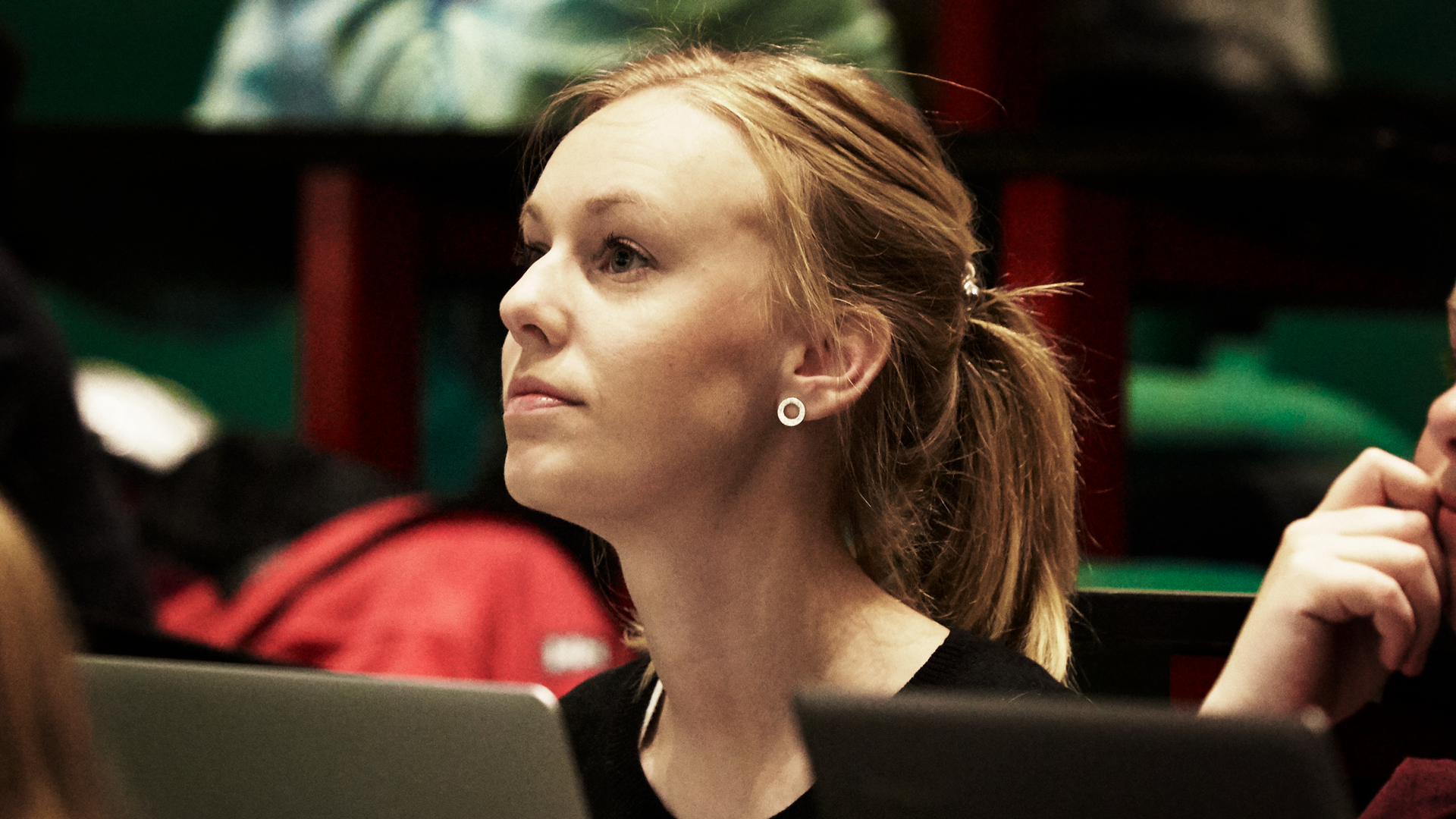Master of Science (MSc) in Communication Technologies and System Design
Communication technologies and system design plays a key role in modern society. As a Communication Technologies and System Design engineer, you can contribute to the development of the technology on which modern society relies.

Study Programme
It is virtually impossible to imagine a society without TV, radio, Internet, and mobile communication. Communication Technologies and System Design is not only central to addressing tasks of importance to society, such as telemedicine, banking, train signalling systems, and monitoring, but people are also highly dependent on smartphones, social media, on-demand video streaming etc. Communication Technologies and System Design - the technology that forms the basis of modern society - relies on engineers capable of maintaining existing systems and developing and designing new ones.
The MSc Eng in Communication Technologies and System Design at DTU is unique in that all of the above aspects are incorporated into one MSc degree.
The study programme covers areas ranging from advanced component and system design through complex network structures to the development of services and ICT solutions that meet user expectations. The programme courses include three central, traditional disciplines which, to some extent, share a common technical-scientific basis. These are:
Component and software design
This discipline addresses both the development of optical components, optical transmission systems, and electronic components—e.g. in the form of integrated circuits—and the design of telecommunication software, including signal-processing software.
System development and methods
Courses offered within this discipline are mainly related to coding, communication networks, and multimedia. They address the basis for—and design of—technical communication systems as well as operation and monitoring of the systems.
Applications
Courses offered within this discipline are related to the following areas: services and networks, information systems, and market conditions for communication applications. These application-oriented courses focus on the interaction between technologies, user needs, and various market and organizational aspects, including solutions to supporting organizational communication and cooperation.
The above disciplines are not described in any course list, as a given study programme can either be linked to the traditional disciplines or composed of different courses, typically representing new combinations which we expect to have the largest growth potential.
Combine work with studies
This study programme is also available as an Industry study programme where you can combine work and study over a 4-year period. Special rules apply.








